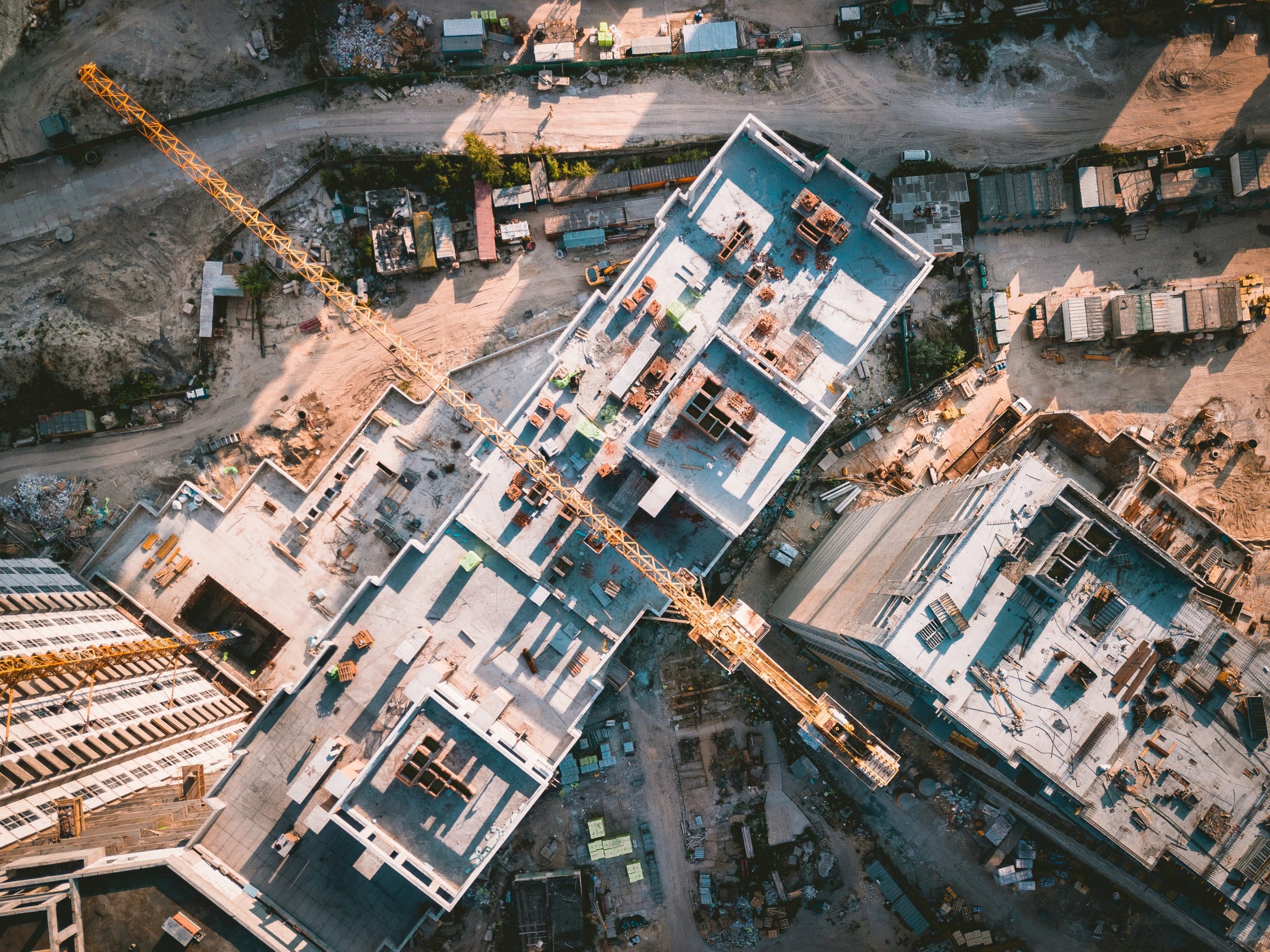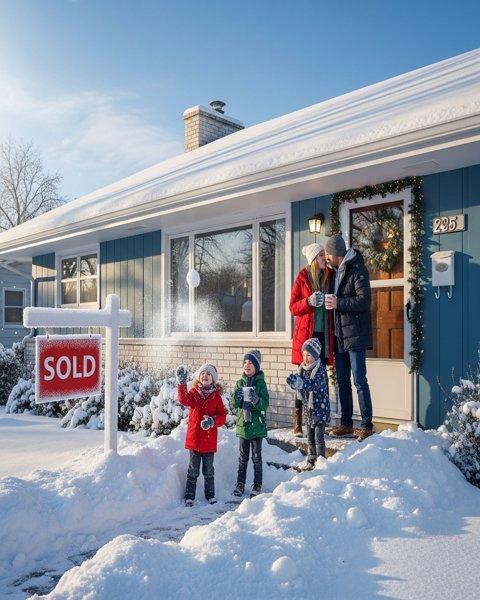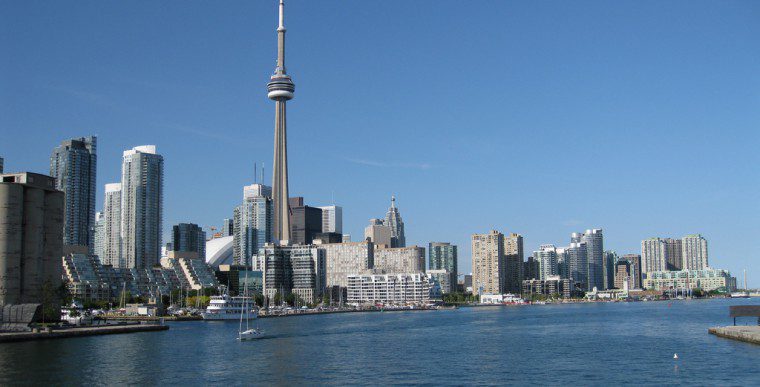If you’re looking to buy your first property or possibly to invest in one, you’ll likely look into buying a condo. There are many major decisions to make in the condo-buying process. One is whether to purchase a pre-construction or a resale. Either option comes with its own pros and cons, and the pre-construction vs resale condos debate remains a hot topic among realtors and home buyers.
This article breaks down both the benefits and cons of purchasing either a pre-construction or a resale unit. It also articulates some other factors to look for when buying a condo.
The benefits and cons of a pre-construction
Pre-construction buildings have many benefits versus their older counterparts. The first involves the beauty of a new building. The newness provides buyers with the opportunity to customize the cabinetry and appliances of the apartment at the sales office before the building is even built. Also owing to the building’s newness, appliances are more energy efficient and the aesthetics of the building are modern. Everything, from the toilets to the countertops, should last 15-20 years simply because it’s brand new. However, if you move in before the condo is completely done, you’ll have to endure noisy living environments filled with the sound of drilling and hammering. Furthermore, for those looking to move in fast, developments are frequently plagued with delays that can go on for months or years.
There are financial benefits to buying a pre-construction. Pre-constructions are usually cheaper than resale properties. This is due to numerous factors such as the need to secure early buyers to help the builder secure financing from lenders and to compensate for potential delays or cancellations.
However, this isn’t currently the case with Toronto. Jim Burtnick, Senior Vice-President of Sales at Sotheby International Realty Canada, notes that pre-construction properties in Toronto over the past few years have gotten more expensive than resale units due to increased costs of land, construction material, and for acquiring building permits from the city. Burtnick also factors in increased competition for the high cost of pre-construction units:
In new constructions, you’re competing against a lot of foreign buyers, specifically Chinese buyers, who aren’t necessarily looking for the best sort of value in a place to live. They’re looking to land bank some money. [These buyers] have different reasons for only looking at pre-constructions, as compared to people who are local or are planning to live here.

Garden District Development
One of the reasons that foreign buyers gravitate towards pre-constructions is because of their payment structure, which is made in installments (as opposed to a lump sum with the help of a mortgage).
Because a pre-construction property is paid in installments, foreign buyers are able to pay their deposit and installments to get money out of the country.
So for, specifically Chinese buyers, who can only take out a certain amount of money every year from China, pre-construction properties are a convenient way to bank money outside of their home country.
The benefits of this payment structure also extend to Canadians. You’re only required to pay the deposit and the installments (typically equivalent to 20% of the price) to secure the purchase price and the unit while the building is under construction. You typically won’t even need a mortgage until you move in.
An example deposit structure can be:
- $2000 with the offer
- 5% of purchase price in the first 30 days
- Another 5% of purchase price in 90 days
- Another 5% of purchase price in 180 days
- Another 5% of purchase price upon occupancy.
To those who cannot afford a 20% down payment immediately, a pre-construction’s payment structure can be tempting.
The glitz and glamour of building models and floor plans can sweep most buyers off their feet, but what you see in the sales office aren’t always what you get as an end product.
If you read the fine print of your document, a lot of the things [in the model units] are upgrades or the builder has the prerogative to change how the finishings will be. The agreement is written totally in the builder’s favour, as opposed to a resale, where you get full disclosure on what you’re buying.

The One Bloor Street
The benefits and cons of a resale
Despite some downsides, it’s hard to resist buying into a pre-construction building, but Burtnick feels that resale condos are the way to go:
[Resale condos] is where the best value is. Because pre-construction units now cost more than existing resale units do, you’re banking on the idea that prices will continue to rise. If you buy a resale, however, you’re paying less and you’re paying today’s market value—not some future and hoped-for value.
Beyond price, resale buildings owe plenty of their benefits to not being new. They’ve been up and running for a while and have developed a reliable staff, property manager, and Board of Directors. There’s also a reserve fund that has been contributed to, and the occupants of the building are known. In a resale property, you’re provided with a status certificate that states how many units are renters and how many are owners. This information is something unknown to those buying a pre-construction unit.
The fact that resale condos are already built also means that you can move in immediately. And it’s a lot easier to see what the apartment looks like when you can visit it in person instead of looking at 3D-rendered models and floor plans. But because you’re buying from another person, there’s a potential for bidding wars—something you won’t see when going to a builder’s sales office.
Even despite the pretty and new amenities promised by the pre-construction condos, Burtnick argues that resale units are still the more livable of the two:
If you’re buying into an older building, you’re getting good sized rooms, as compared to new buildings which are much smaller. Some [new buildings] are fitting three rooms into less than 900 sq ft. I compare it to buying a brand new car, where you lose 30% of its value because you bought it new. You’re paying a premium for that new condo smell.

2181 Yonge St #1411 Balcony
The other factors
Whether you decide on a pre-construction or resale, remember that there are other factors to consider:
Location is everything. And as the city gets more congested, the walkability to various amenities, be it schools, subways, shopping, and green space, are always going to be more relevant to what unit you buy.
Additionally, developers are important too. With the booming condo market, new players are constantly jumping in. Burtnick advises that:
It’s better to go with an established player who knows what they’re doing than to pay for someone else’s mistakes.






